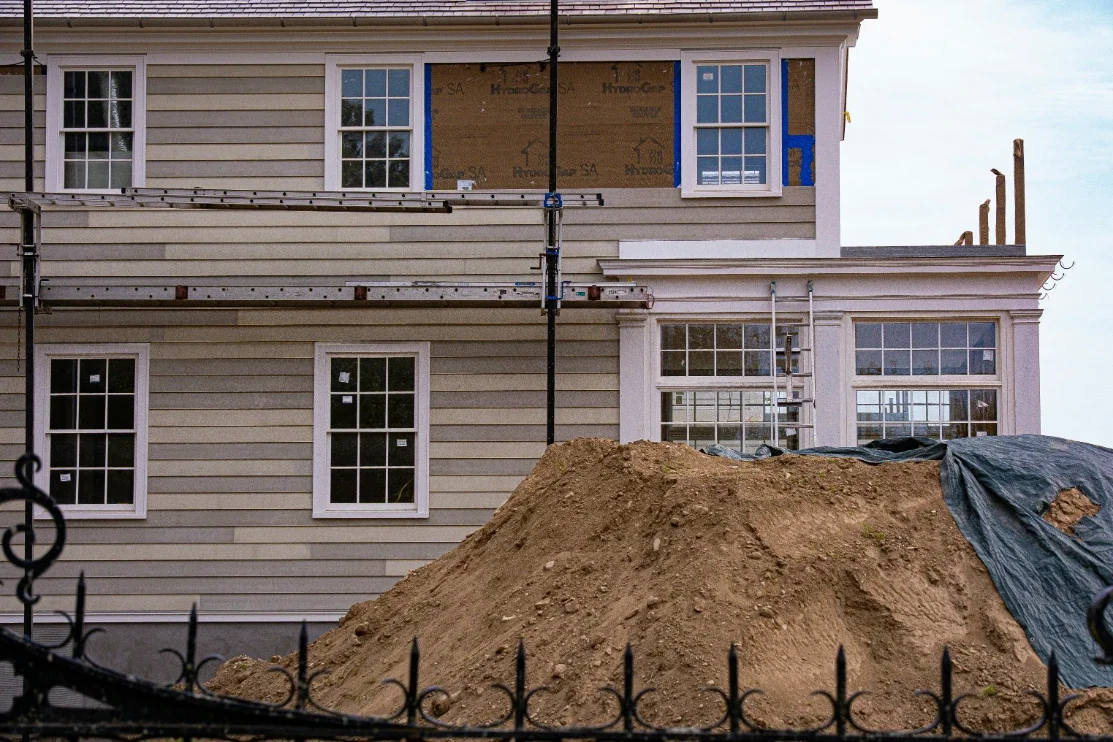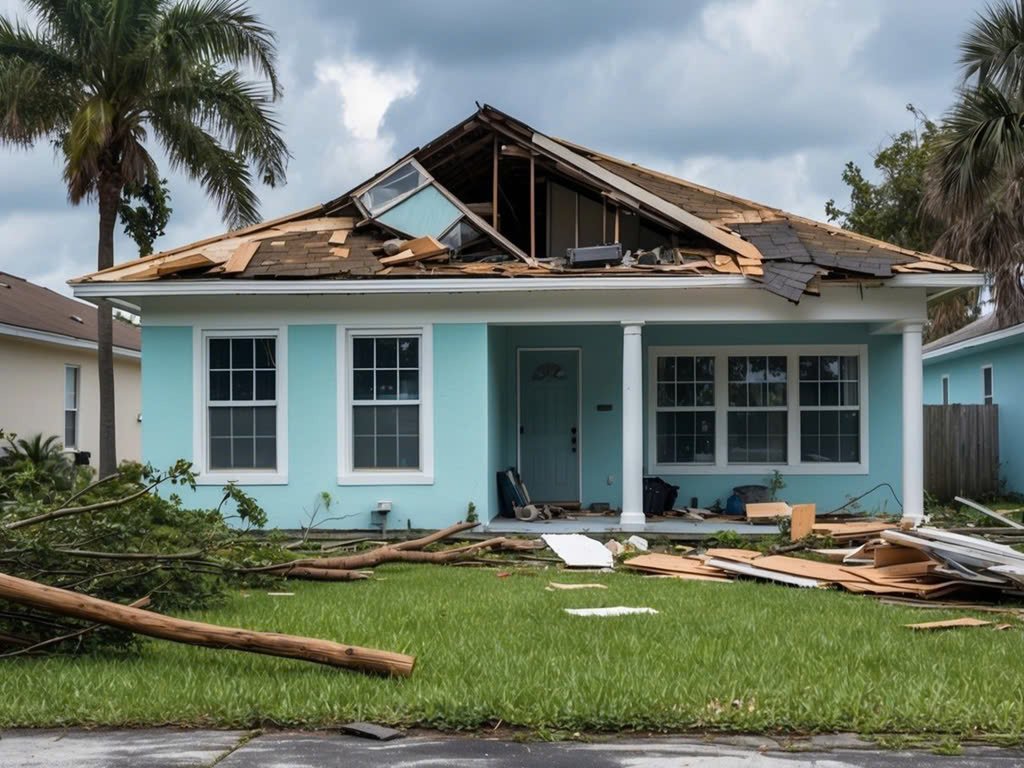What Should Homeowners Know Before Buying Property Abroad
Thinking of buying property abroad? Learn the key legal, financial, and practical tips every homeowner should know before making the move.
Buying property abroad sounds exciting, but it’s easy to overlook critical details when emotions take over. You might imagine beachfront mornings or quiet village life before reading the fine print.
Issues like ownership laws, tax systems, and financing options vary widely across borders. Local customs and bureaucratic hurdles can trip up even seasoned buyers.
If you're considering purchasing a home in another country, here are some essential details you should understand first.
Local Property Ownership Laws
Ownership laws shift dramatically from one country to another. Some governments limit foreign ownership near borders or coastlines, while others require joint ventures with locals. It's not always clear until you're deep into the process.
Title registration systems vary, too. In some countries, land records may be outdated or poorly digitized, which makes verifying ownership tricky. Legal descriptions and boundaries might not match what’s physically on the ground.
Hiring a local legal expert protects you from signing deals that don’t hold up in court later. In countries like Greece, Elxis’ Greek property specialists often help buyers navigate land registries and zoning rules efficiently as part of the Greece real estate buying process.
Tax Implications in Both Countries
Another thing you should check before closing a deal abroad is how taxes hit you in both countries. Some nations charge high annual property taxes, while others impose steep transaction or capital gains taxes when you sell.
Your home country might still expect a slice of the profit, depending on tax treaties and your residency status. U.S. citizens, for example, must report global income, including rental profits from overseas homes, to the IRS.
Some buyers use offshore entities or trusts to hold property, but that adds legal complexity and risk. Unless you're working with specialists who know cross-border compliance inside out, it’s easy to trigger penalties.
Currency Exchange and Transfer Regulations
You should also understand how currency shifts affect the real cost of buying abroad. Small exchange rate changes can add thousands to your final price, especially on large transfers. Some banks charge high fees or offer poor conversion rates.
Governments in some countries monitor incoming foreign funds closely. Central banks may require advance approval for large international transfers or limit daily transaction amounts to protect their economies.
Specialist forex brokers often provide better rates and guidance than traditional banks. Moreover, services like Wise or OFX help streamline payments while staying compliant with local financial laws, keeping your purchase from stalling unexpectedly.
Residency and Visa Requirements
Owning property doesn’t always grant you the right to live in that country. In places like Switzerland or Thailand, foreigners can buy real estate but still need separate permits to stay long term.
Many countries offer investor visas for property purchases, though requirements vary widely. Greece’s Golden Visa program kicks in above €250,000, while Portugal recently removed real estate from its qualifying investments.
You’ll want clarity on how often you must renew your status and whether it affects family members. Without up-to-date legal advice, you risk violating immigration rules unknowingly.
Property Management Options
Lastly, it would help to understand how your property will be managed when you're not there. Distance makes even small issues, such as plumbing or guest check-ins, a hassle without a trusted setup on the ground.
In tourist-heavy countries, local companies often handle rentals and upkeep for a cut of your income. Others focus only on maintenance, with no involvement in short-term leasing.
However, ensure any contract spells out fees, responsibilities, and emergency protocols clearly. Vague agreements often lead to disputes, especially when you're thousands of miles away.
Wrapping Up
The international property market offers many opportunities, but it demands solid groundwork. Ideally, you should work with local experts, stay updated on regulations, and manage your finances.
Whether it’s a second home or long-term investment, treat it like a business move, not just an escape. Your future self will thank you for taking the time to get it right from day one.














![7 Charming Waterfront Towns Perfect for a Coastal Escape [2025 Edition]](https://images.squarespace-cdn.com/content/v1/63dde481bbabc6724d988548/61c7904e-773d-480c-b6e5-a083cab18445/pexels-axp-photography-500641970-30417132.jpg)








